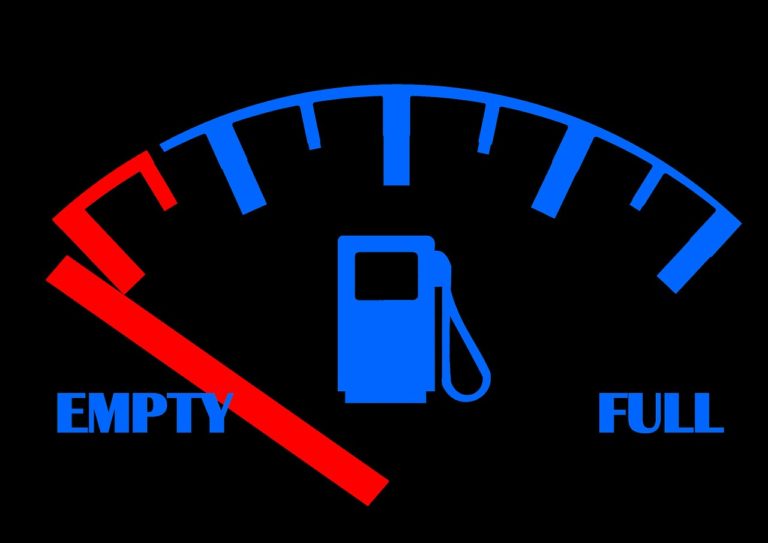5 Tips On How To Save Money On Petrol Or Diesel

It is no secret that the price of fuel continues to rise and no one has the slightest idea if, or when the price will go down. However, there is always a solution to every problem and instead of waiting for the price of petrol and diesel to go down, you can actually save a few pounds on fuel costs. If you still don’t know what we are talking about, we have good news and here is everything you need to know about fuel and few tips to improve your mileage and save some good money.
How To Save Fuel When Driving
1. Sensible driving
It goes without saying that careless driving is dangerous and you should drive sensibly if you value your life. Similarly, driving sensibly saves you fuel. This means that when you read the road ahead of you, there is less acceleration and braking which in turn saves fuel. Therefore, during heavy traffic, drive smoothly and avoid driving fast to overtake only to end up braking because excessive braking does not only make your brake pads to wear out but also wastes fuel energy.
2. Eliminate wind resistance
When driving at high speed, open windows increase drag which in turn increases fuel consumption. Therefore, always stay aerodynamic and keep the windows closed and remove unwanted car racks and carriers as this would highly improve fuel mileage. When you remove a roof-top storage box, you will find yourself saving as much as 20% on fuel yearly.
3. Reduce weight
The heavier your car is, the more it consumes fuel. This being the case, you can save a few pounds on fuel by making your car as light as possible. Don’t carry unnecessary items in your boot and if possible, run your fuel tank half full or less.
4. Be aware of speed bumps
When driving, keep your eyes and mind on the road as this will help you to slow down and speed up appropriately. When braking hard and accelerating and braking again for the next bumps, your car automatically uses more fuel which you could save by driving keenly and smoothly on the bumps.
5. Turn the air conditioning off
It’s always tempting to turn the air conditioning on anytime you’re driving. Well, it prevents the windows of your car from misting up in the winter such that you don’t have to worry anymore about the temperature inside the car. However, what many people don’t understand is that air-con actually uses a lot of fuel especially at low speeds, hence it is advisable to use air conditioning when driving at high speeds and as soon as you get around town, turn it off.
Does driving slower save fuel?
Driving fast increases drag thereby increasing fuel consumption. It is, therefore, recommended to drive below the speed limit. According to the AA, you could save as much as 10% in fuel by dropping from 70mph to 60mph. The reason behind this is that when driving at 70mph or above, the engine needs to go faster meaning that it consumes more fuel. On the other hand, when driving moderately at 60mph or below, you’re not pushing your car’s engine to perform and the engine will require less fuel. Most importantly, driving slowly comes with other advantages given that other parts of the engine experience lesser wear and tear, the wheels, clutch, and brakes can’t wear out quickly, and other parts remain in good condition.
Does cruise control save fuel?
This technology, which has been there for decades now and it has been proven to save fuel consumption. This is because, when you accelerate your car, the fuel consumption increases but given that the cruise control keeps your car moving without stepping on the accelerator, it does not consume as much fuel meaning that your miles-per-gallon would be higher which in turn saves you money. Also, cruise control fights wind resistance thereby reducing fuel consumption. However, cruise control is an exception when driving in hilly areas.
Final thoughts
Owning a car can be more demanding that you first thought. Car maintenance is mandatory and you can’t control it if you want your car to always stand out. However, you can manage to save a few pounds on fuel consumption by applying the above tips. Most importantly, you can opt to drive less and use public transport, a bike or walk once in a while.




